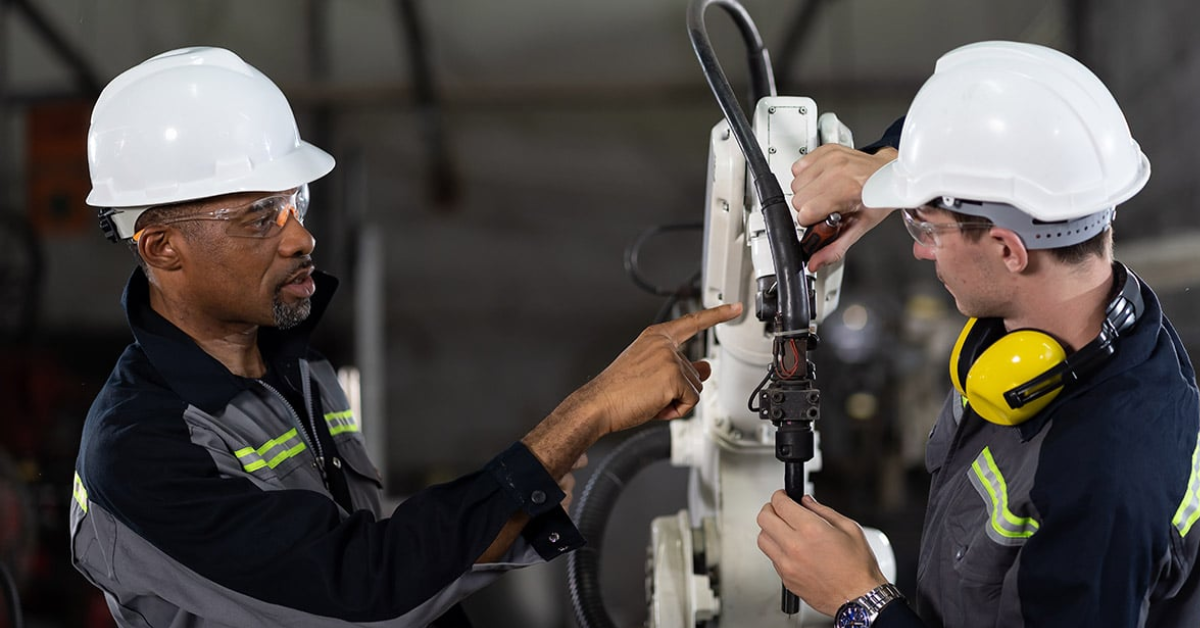Technician-AKS-2210

A Technician Course is designed to equip individuals with the practical skills and theoretical knowledge required to work in technical fields. These courses typically focus on hands-on training and cover various industries, such as mechanical, electrical, electronics, IT, and moreA health and safety at work course is a type of training that equips participants with the abilities and information required to advance health and safety at work. Risk analysis, hazard identification, accident investigation, safety rules and policies, and emergency response planning are just a few of the topics covered in the course. This course helps to enhance productivity and wellbeing among employees. The goal of health and safety is to identify and eliminate workplace dangers that could endanger personnel. The Health and Safety course is designed to provide individuals with the knowledge and skills required to maintain a safe and healthy workplace. The course covers various topics, including hazard identification, risk assessment, accident prevention, and compliance with relevant legislation.
A Technician Course is typically open to a wide range of individuals, including:
1. High School Graduates:
- Many technician courses are designed for individuals who have completed high school or equivalent education (like a GED). Basic subjects like math and science are often sufficient for enrollment.
2. Career Switchers:
- People who want to transition into technical fields from other professions can enroll to gain new skills and certifications, regardless of their previous background.
3. Tradespeople:
- Individuals already working in related trades (e.g., electricians, mechanics, or welders) might take a technician course to upgrade their skills or get specialized training in new technologies.
4. Students from Technical Schools:
- Graduates from vocational or technical schools often take technician courses to specialize in a specific area, such as electrical systems, automotive repair, or IT.
5. Engineering Diploma Holders:
- Those with diplomas or degrees in engineering or related fields may take these courses for hands-on training and to enhance their practical skills.
6. Individuals Seeking Certification:
- Anyone looking to get certified in a technical field, such as welding, electronics, or information technology, can enroll in technician courses to meet certification requirements.
7. Apprentices:
- Some technician courses are part of an apprenticeship program, which allows students to gain work experience while learning technical skills.
These courses are typically accessible to people with basic educational backgrounds and a keen interest in technical work.
- Technical Fundamentals: Basic principles in areas like electricity, mechanics, or IT systems depending on the specific course.
- Hands-On Training: Practical experience working with tools, machinery, equipment, or software that are relevant to the field.
- Problem-Solving Skills: Developing the ability to diagnose and fix technical problems.
- Safety Practices: Emphasis on workplace safety, proper tool use, and adherence to industry standards.
- Certifications: Many courses offer certification upon completion, which can help with employability in the field.
Common Fields:
- Mechanical Technician: Focus on machinery, motors, and mechanical systems.
- Electrical Technician: Training in electrical wiring, circuits, and repair.
- Welding Technician: Includes welding techniques, safety, and material handling.
- IT Technician: Focus on computer systems, networking, and troubleshooting.
Our Available Courses
- Electrical Equipment Operation and Maintenance Technician course
- Pipe Fitter For Technicians Course
- Plumbing Operation and Maintenance Technician Course
- Welder Position 3G Welding Process MMAW & GMAW
- Mobile/Crawler Crane Safe Operation Courses
- Forklift/Manlift Safe Operation Courses
- Excavator Safe Operation Course
- Metal Fabricator (Fitter) Course
